Chronicle of a Revolution: Ukraine 2013-2017
6. Petro Poroshenko: the Providential man?
Author: Pierre Scordia
The Economist's coverage
The election of Petro Poroshenko
The Economist writes on 26th May 2014 that although the Revolution brought great pride, it did not bring new leaders. Poroshenko was elected because the Ukrainian people see him as a pragmatic man and above all a successful businessman. In addition, he managed to bring about the will for change through his television channel. He promised to fight corruption and make Ukraine a modern and European country. On May 31st, the magazine says that the election of Poroshenko is due to an alliance between the powerful elite and the people, hoping for a new beginning.
The task of the president will be difficult because he must insist the oligarchs pay their taxes while he has need of them politically in order to maintain the unity of the country. One thing of which we are certain is that Poroshenko will not use his mandate to enrich himself, since his business empire Roshen has already made him a wealthy man.
One notes the very low score for right-wing candidates, barely 2%, which contradicts Russian propaganda about a fascist Ukraine. The British magazine The Economist remains rather pessimistic about the future of Ukraine. It reminds us that Ukrainians often do not grasp historical opportunities. For example, Ukraine did not take advantage of the independence that it accidently won from the dissolution of the USSR. In addition the Orange Revolution turned out to be a wasted opportunity. It can no longer sit still and do nothing. The magazine believes it will be difficult to reach a peace agreement with the rebels in the Donbas. (These rebels are now referred to as terrorists in Kiev.) Moreover, there is a certain irony that Vladimir Putin recognizes the new President but not the legality of his election. The magazine notes in black and white that the rebels in the are “clients” of the Kremlin. In an article of 28th March 2015, The Economist mentions the dismissal of Ihor Kolomoisky from the post of Dnepropetrovsk governor and underlines the difficulty of reforming without interference from the oligarchs. Unlike in Russia, the Ukrainian oligarchs, who made fortunes through dubious privatizations in the 1990s, are involved in the country's politics. Because of the closed list voting system, oligarchs can easily place their representatives in parliament and retain their influence indefinitely. Unfortunately, Ukraine cannot afford, in a time of war, to antagonize the oligarchs who so far have played a key role in safeguarding the unity of the country. The Economist does not believe that corruption has diminished in Ukraine. If it seems less corrupted, it is because the large-scale corruption system of former President Yanukovych has been dismantled. The corruption of yesteryear has become the norm again.
FORM-Idea.com London, 22/01/2020
MAIN EVENTS
1. Media coverage of the Ukrainian crisis in France and Great Britain
2. The beginning of the political crisis
3. The February Revolution of 2014
5. Odessa, the Pearl of the Black Sea at stake
6. Petro Poroshenko: the Providential man?
7. Russian roulette in Ukrainian sky | Flight MH17
8. Parliament elections & the power of Western regions
9. War in Donbas | Welcome to Absurdland!
10. The Eurovision: a diplomatic row
One thought on “Petro Poroshenko: the Providential man?”
Comments are closed.
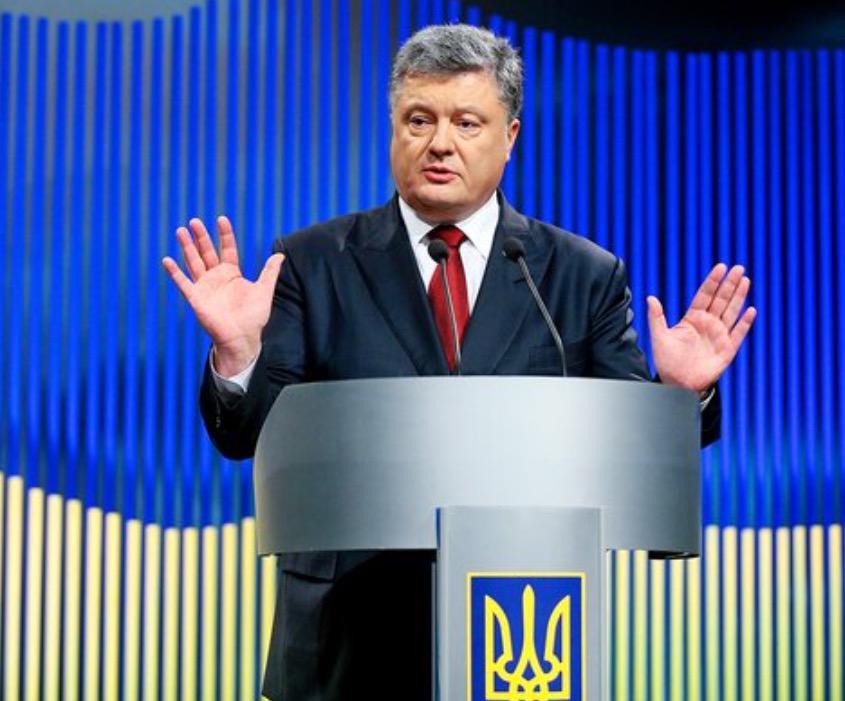
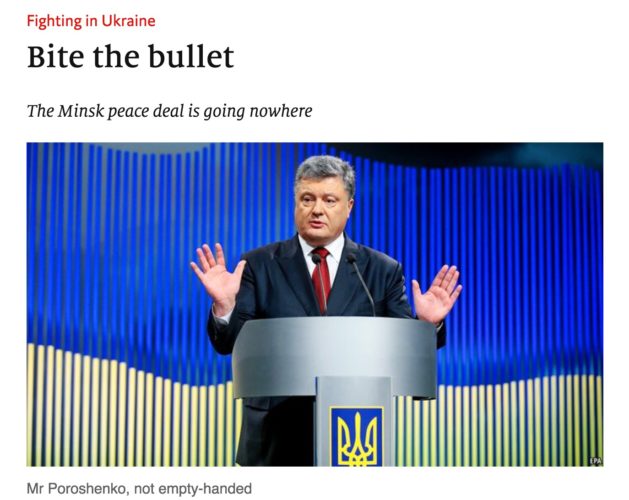
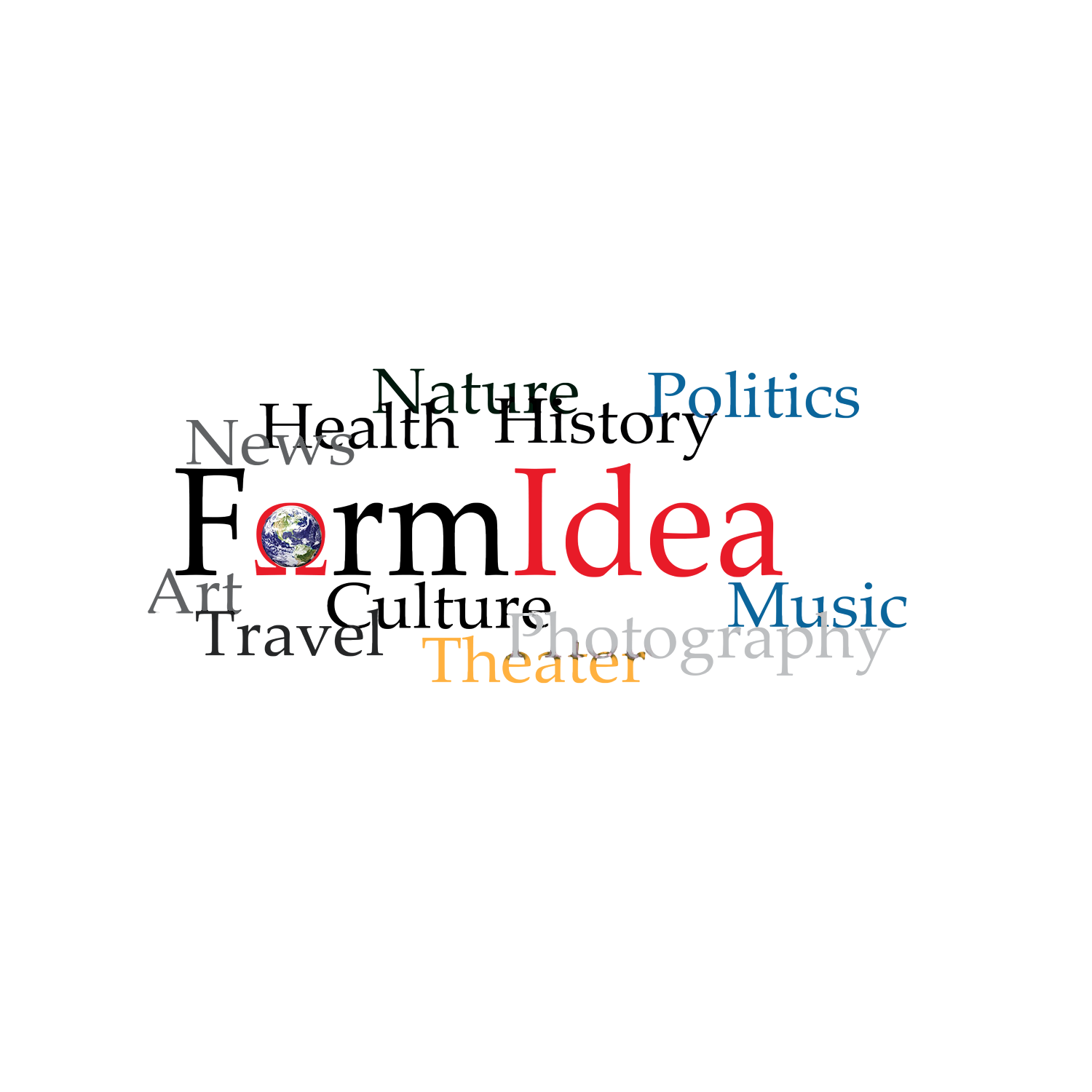
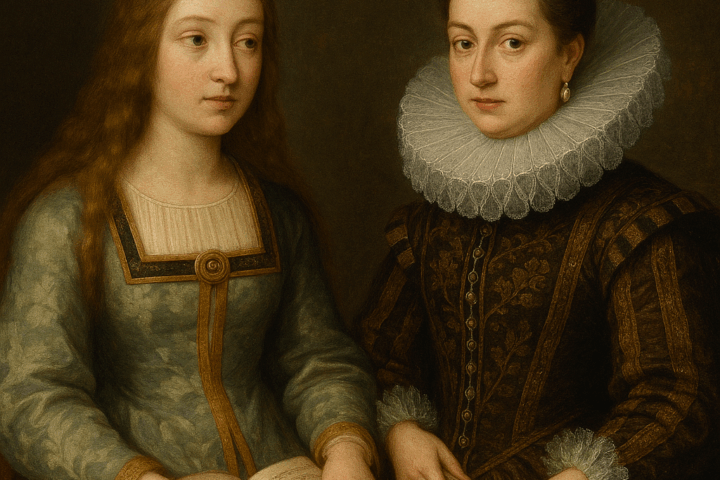

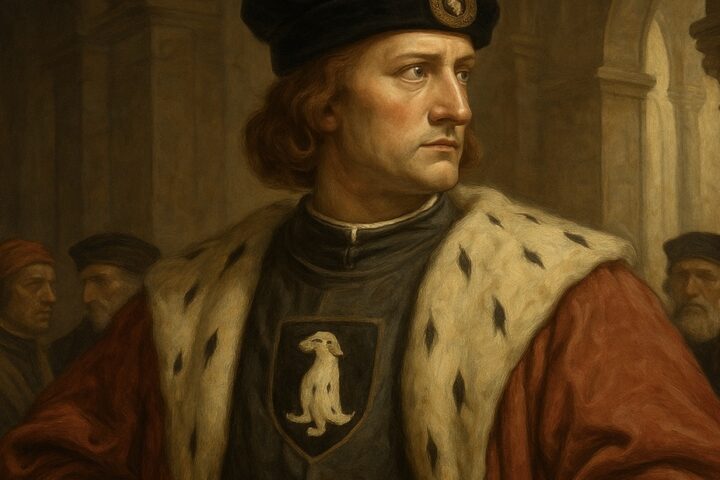
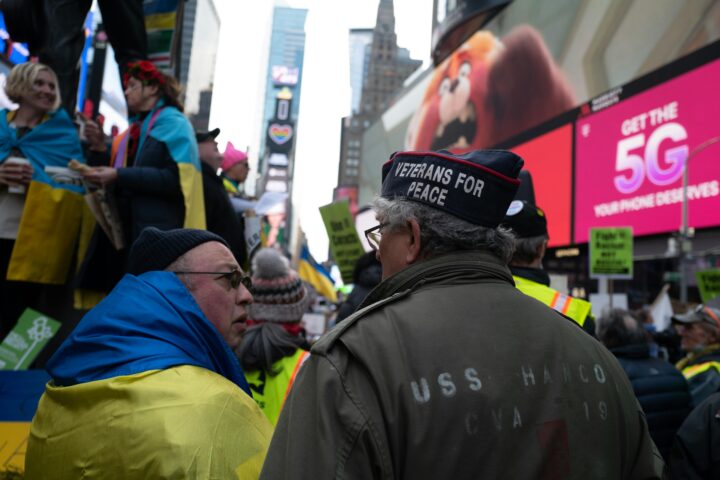

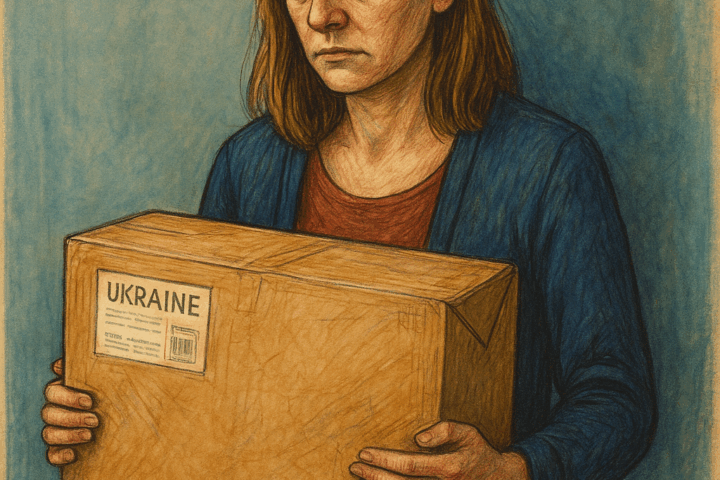
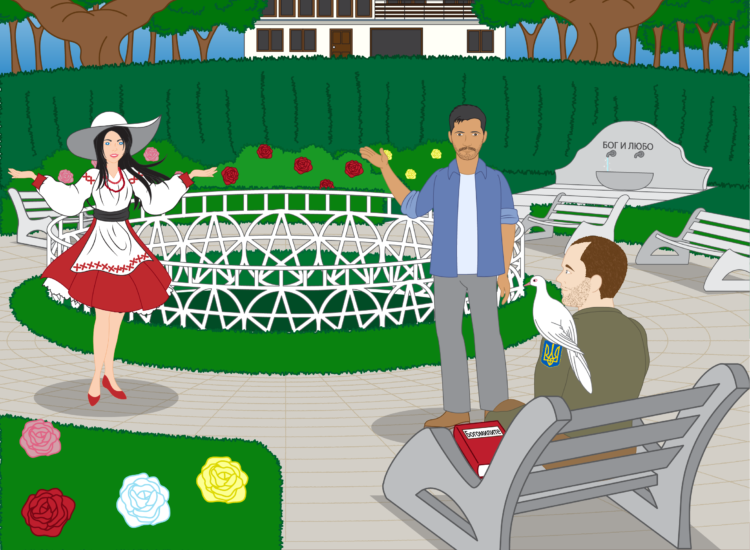
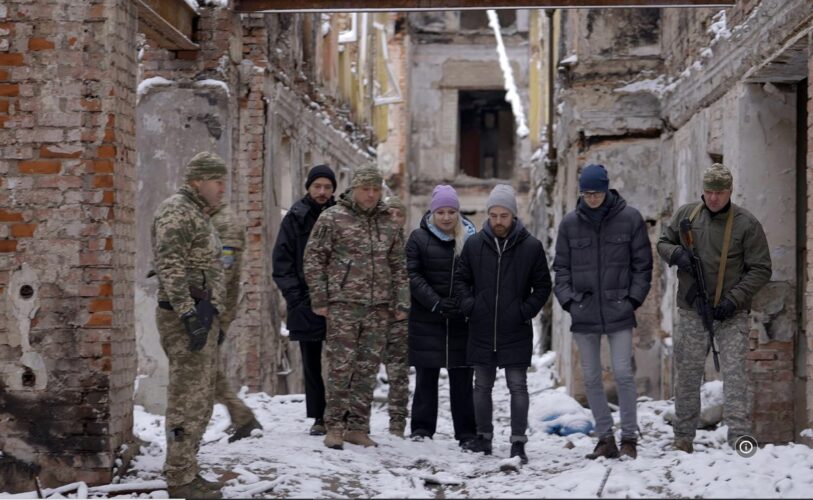
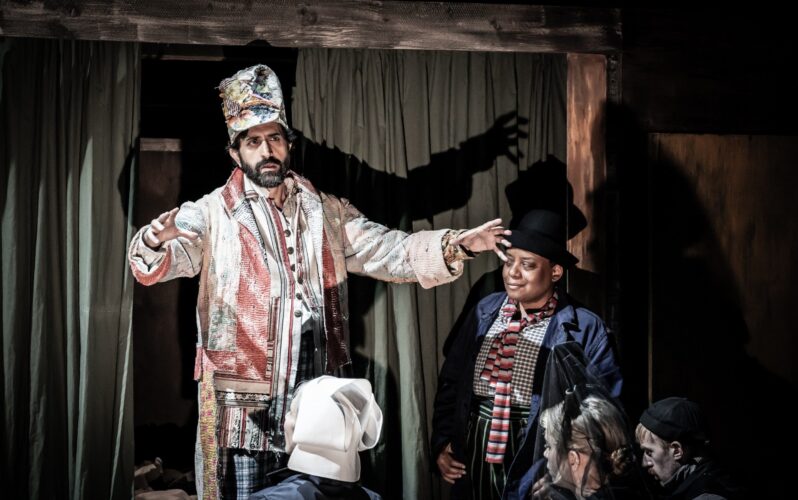
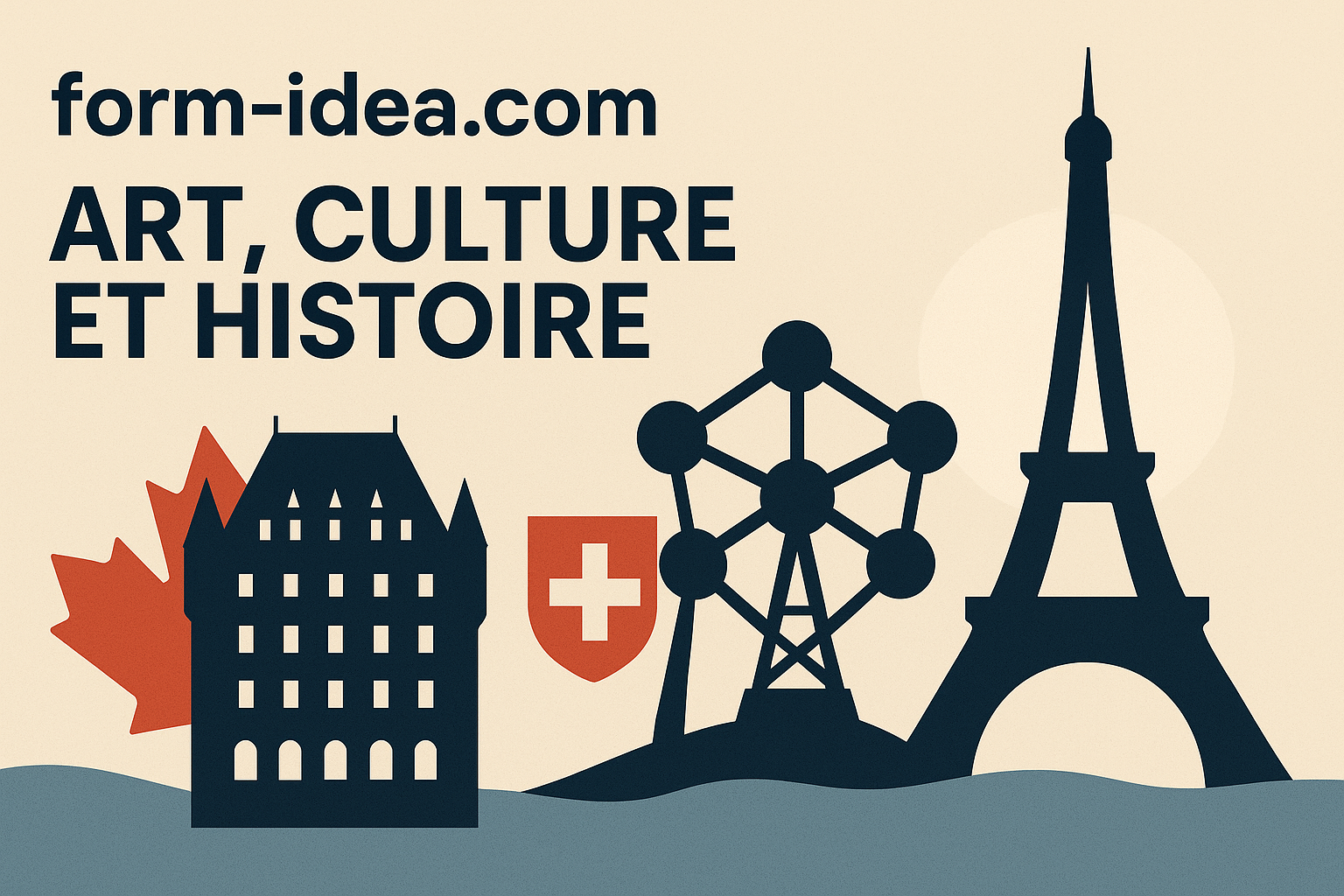
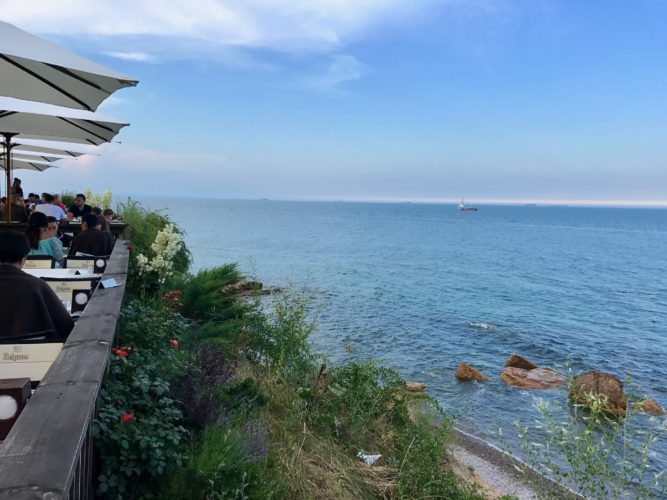

Peace is not only better than war. We are complex. Belongs to the people who inhabit it.